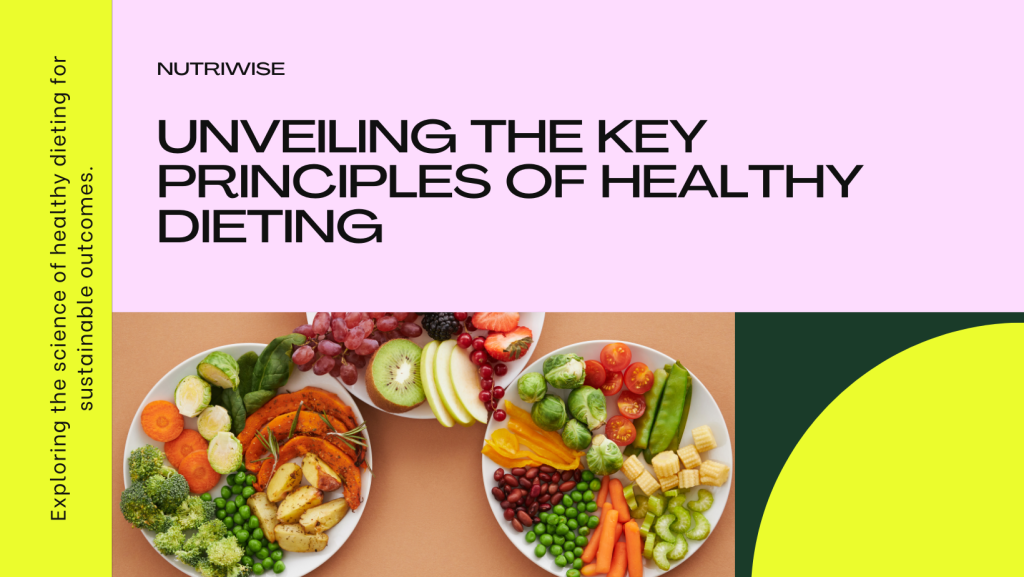Healthy dieting is not just about losing weight; it’s about nourishing your body with the nutrients it needs to thrive. Understanding the science behind healthy eating is essential for achieving long-term health and wellness goals. At its core, a healthy diet is balanced, varied, and emphasizes whole, nutrient-dense foods.
A balanced diet includes a combination of macronutrients – carbohydrates, proteins, and fats – as well as micronutrients like vitamins and minerals. Each nutrient plays a unique role in supporting bodily functions, from energy production to immune function and hormone regulation. By incorporating a variety of foods into your diet, you can ensure you’re meeting your body’s nutritional needs.
Whole, minimally processed foods should form the foundation of a healthy diet. These foods are rich in vitamins, minerals, fiber, and antioxidants, while also being lower in added sugars, sodium, and unhealthy fats. Fruits, vegetables, whole grains, lean proteins, and healthy fats should feature prominently in your meals, providing essential nutrients and promoting overall health.
Moreover, healthy dieting is not just about what you eat but also how you eat. Mindful eating practices, such as paying attention to hunger and fullness cues, savoring each bite, and avoiding distractions while eating, can help prevent overeating and promote a healthier relationship with food.



